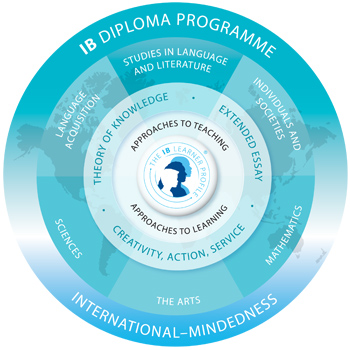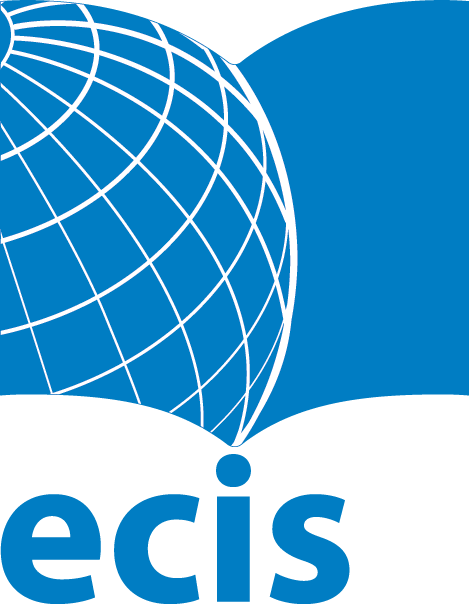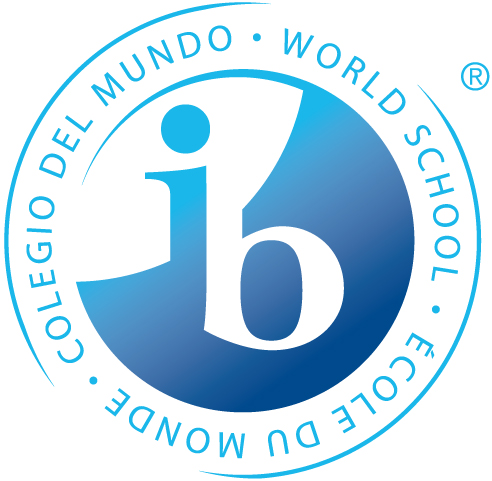Diploma Years Programme
The upper secondary school programme consists of a range of curricular and extra curricular subjects prescribed by the International Baccalaureate's diploma level. This comprises a continous two years course leading to international university entrance qualifications, called the IB Diploma Programme (DP).
The programme has been offered since September 2010 and our first graduates were in May 2012. These students have gone on to a range of courses in tertiary education in the UK, Canada and Denmark.
| What Does the Diploma Programme look like in the Codrington School? |
- Students study six subjects chosen from the six subject groups
- complete an Extended Essay (EE)
- follow a Theory of Knowledge course (TOK)
- participate in Creativity, Action, Service (CAS). three of the six subjects are studied at higher level (240 teaching hours)
- the remaining three subjects are studied at standard level ( 150 teaching hours).
- Choices from the subjects below
- Choice from each group however two from the same group can be chosen instead of group 6.
|

|
| Group 1 |
Group 2 |
Group 3 |
Group 4 |
Group 5 |
Group 6 |
|
Language A
A1 English Language and Literature
A1 Spanish self-taught Literature
|
Language B
Spanish
Spanish ab Initio
French
|
Individuals and Society
History
Business Management
|
Experimental Sciences
Biology
Chemistry
|
Mathematics
Mathematics SL
Maths Studies
|
The Arts
Visual Arts
Music
|
| Higher and Standard |
Higher and Standard (ab Initio) |
Higher and Standard. Both can be studied if no Group 6 subject is chosen |
Higher and Standard |
Standard level only. Maths studies is the main chosen subject. |
Higher and Standard |
The class size of a maximum of 15 students per class is generally implemented school wide.
If you are interested in learning more about the Diploma Programme at Codrington please look at the Diploma Handbook and Presentation.
The Extended Essay
The Extended Essay is an in-depth study of a limited topic within a subject. Its purpose is to provide a student with an opportunity to engage in independent research at an introductory level. For more information on the extended essay, click here.
Theory of Knowledge (ToK)
Theory of Knowledge is a course centered around the question “How do we know?” Students are taught to seek out knowledge through critical thinking and analysis of the Ways of Knowing of Perception, Emotion, Reason and Language. By the end of the course, students should be proficient in formulating arguments and analysing knowledge claims. The central features of the theory of knowledge course are critical analysis questions called Knowledge Issues.
Creativity, Action and Service (CAS)
All students must be actively involved in the CAS programme to obtain the diploma. For more information on CAS, click here.




 +1 246-423-2570
+1 246-423-2570 info@codrington.edu.bb
info@codrington.edu.bb




